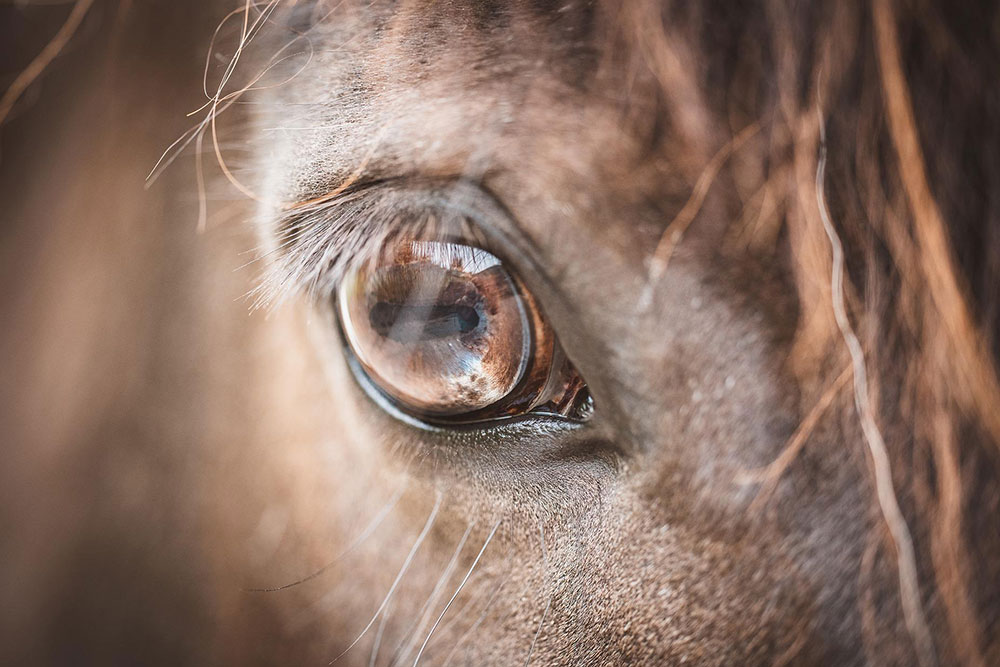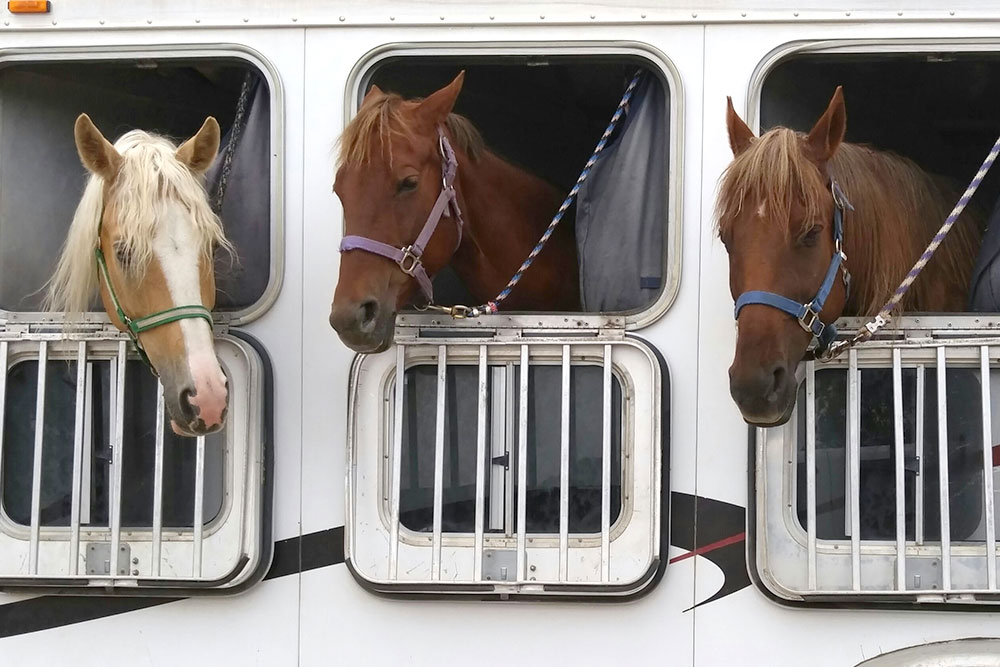Welfare
The welfare of Shetland Ponies throughout the UK is a prime concern of the Society. Owning a pony can give great pleasure but there is also a big responsibility involved with the care and wellbeing of the pony.
The animal Welfare act 2006
The Animal Welfare Act 2006 requires that you ensure any horse, pony, donkey or mule for which you are responsible, whether on a permanent or a temporary base has:
- A suitable environment to live in
- A healthy diet
- Is able to behave normally
- Has appropriate company
- Is protected from pain, suffering, injury and disease
The DEFRA Code of Practice for the Welfare of Horses, Ponies, Donkeys and their Hybrids may be downloaded here.
The Shetland Pony Care and Management Booklet is available from the Society Office, priced £3.25. It contains guidelines on how to look after your Shetland Pony, covers basic aspects of care of the pony, stud management, ailments, breaking to ride/drive and showing hints.
LOANING PONIES – a few simple guidelines
- Ideally loan to people well known to you or, if not, then personally visit the premises where your pony will be kept
- Identify purpose of loan (ie breeding, riding) and any restrictions on it’s use
- Visiting rights
- Details of insurance or any payments of upkeep
- Insurance details
- Take a photograph of your pony before it leaves home as proof of health and condition
If you lease a pony from another owner, please ensure that the details are supplied to the Office in writing, SIGNED BY THE REGISTERED OWNER. A form detailing the terms of the loan is provided by the SPSBS for this purpose obtainable from the Society office or can be downloaded using the link above. Alternatively, some owners prefer to have a specifically drawn up lease agreement/contract or a simple letter will suffice provided it is signed by the owner.

Guidelines to assess fitness for transport
Please click here to download Practical Guidelines to Assess Fitness for Transport of Equidae (Horses, Ponies, Donkeys and their Hybrids)

Scottish Government's Biosecurity for Horses
31st August 2012
Click here for the Scottish Government’s Biosecurity for Horses leaflet. This leaflet outlines basic biosecurity measures that can be applied by anyone, as well as information on Equine Infectious Anaemia, African Horse Sickness and West Nile Virus.

VOSA - A guide for horsebox and trailer owners
The Vehicle and Operator Services Agency guide can be accessed here.
Atypical Myopathy
Submitted by Fiona Dove 7th November 2013
I lost my 2-y-o gelding Yarpha Exquisite yesterday to Atypical Myopathy – my vet had never heard of a case in Scotland before but Royal Dick have apparently had several cases reported since last weekend’s gales and at least 6 horses have died in England since last week’s high winds. It’s caused by the horse picking up sycamore seeds, which contain a toxin that disturbs glucose uptake and use in the muscles, leading to muscle breakdown. The only treatment is immediate IV fluids to try and flush the toxins through the kidneys but even then it’s between 60% and 90% fatal. Death is usually due to respiratory or cardiac failure when the lung and heart muscles are affected, or to kidney failure because of the overload of protein and toxin in the blood. Any horse exposed to sycamore seeds in the grazing area is at risk but youngsters under 4 and Shetlands particularly so, since they will try out unusual foods rather than sticking to grass.
Symptoms are muscle stiffness and tremor, sweating, depression, lethargy and dark urine. Affected horses continue eating normally, unlike grass sickness. A bloodtest will confirm raised protein levels in the blood.
Horses on grazing with nearby sycamores or sycamore seeds in the grass should be removed, seeds cleared with leaf-blowers or leaf-hoovers, or additional feed should be put out to try and prevent the horses picking up the seeds. Squizzy went from healthy on Monday to put down yesterday afternoon and one owner lost a horse after only 3 hours in an affected paddock.
Given the sudden high incidence of Atypical Myopathy and the fact that most people have never heard of it, I wanted to get the warning out to as many people as possible. Please, could you post a warning on the Society’s website? The peak risk comes in the autumn when seeds fall and in the spring when they germinate – it may be too late to help any more horses this autumn but if we can raise awareness amongst owners, next spring and future years might be safer.
Thinking of putting your retired horse out on loan as a companion
Submitted by National Equine Database – February 2012
Thinking of putting your retired horse out on loan as a companion?
If so STOP and take time to read this cautionary tale:
City of York Council’s Animal Health Service has just concluded an investigation, following complaints about a rogue horse dealer in 2010. In 2011, the defendant pleaded guilty to the offences and was sent to the Crown Court where she was sentenced after pleading guilty to two offences of fraud, and one of trading without professional diligence (trading unfairly).
The defendant, Miss Lee, sold a horse for £1,837.50 at a local livestock market as ‘good to do in every way’, but she knew the horse was lame. Officers contacted the previous owners who were shocked to hear that the horse had been sold. They had given the horse to Lee just five days earlier on the understanding that the horse would have a permanent home as a companion for her filly.
Officers then began investigating other horses that Miss Lee had acquired. A pattern emerged and a further four horse owners told officers that Miss Lee, using different names, had tricked them into letting her take their horse, believing it would be given a permanent home. In one case the horse was taken to market a few days later where it was sold for £480 and slaughtered. Miss Lee continued to misinform the previous owner saying that she still had the horse with her in the field.
Matt Boxall, Trading Standards Manager at City of York Council, said, “Miss Lee tricked people into giving her their retired horses – which at their stage in life, needed to take things easy. The lies she told led the owners to believe they were doing the right thing for their animals, that they would be loved and cared for forever. Instead they were simply sold on to unsuspecting customers. All of the complainants have described their devastation upon finding out their horses had been treated this way”.
Miss Lee was sentenced to 9 months imprisonment, suspended for two years, and to 220 hours unpaid work. She was also ordered to pay £750 in prosecution costs.
